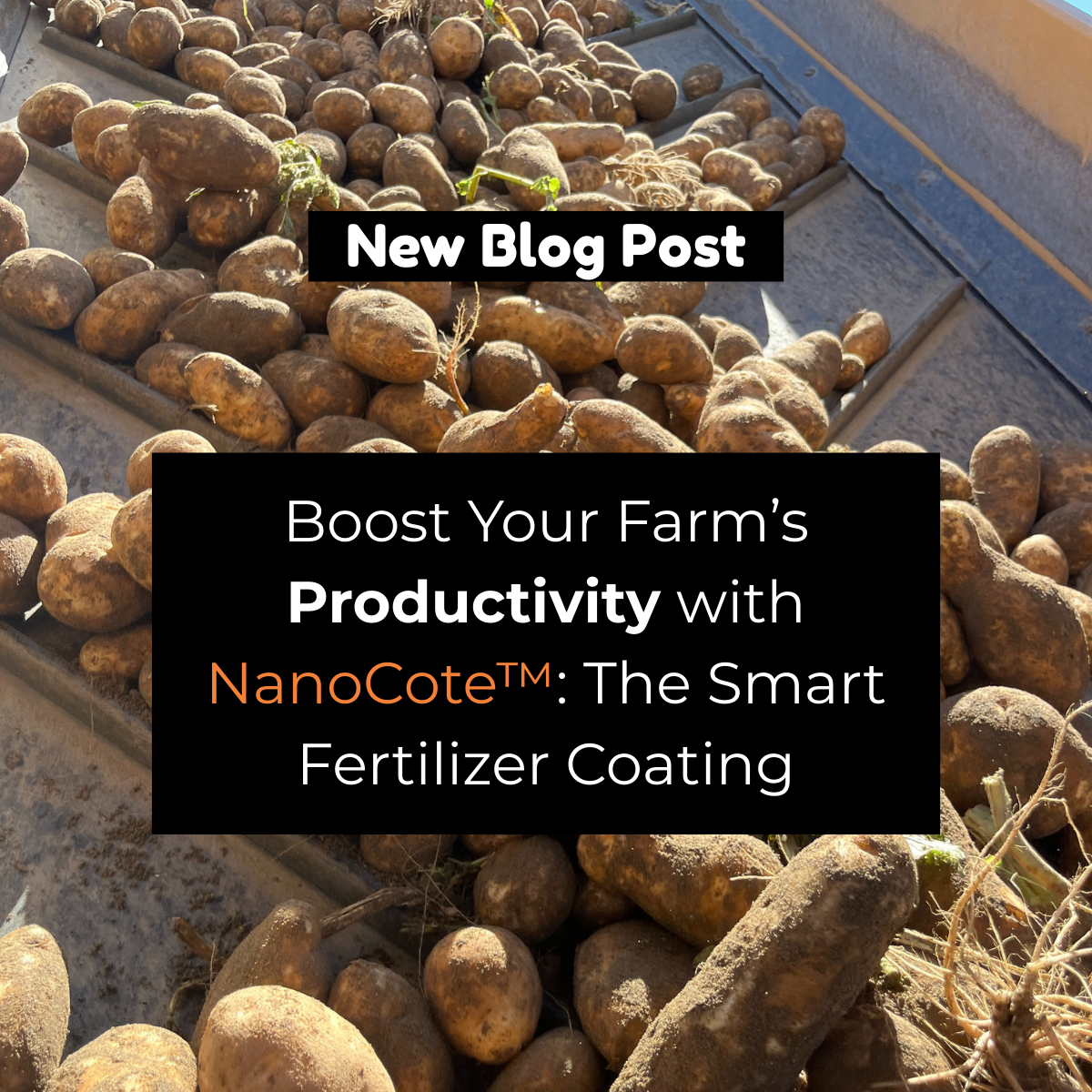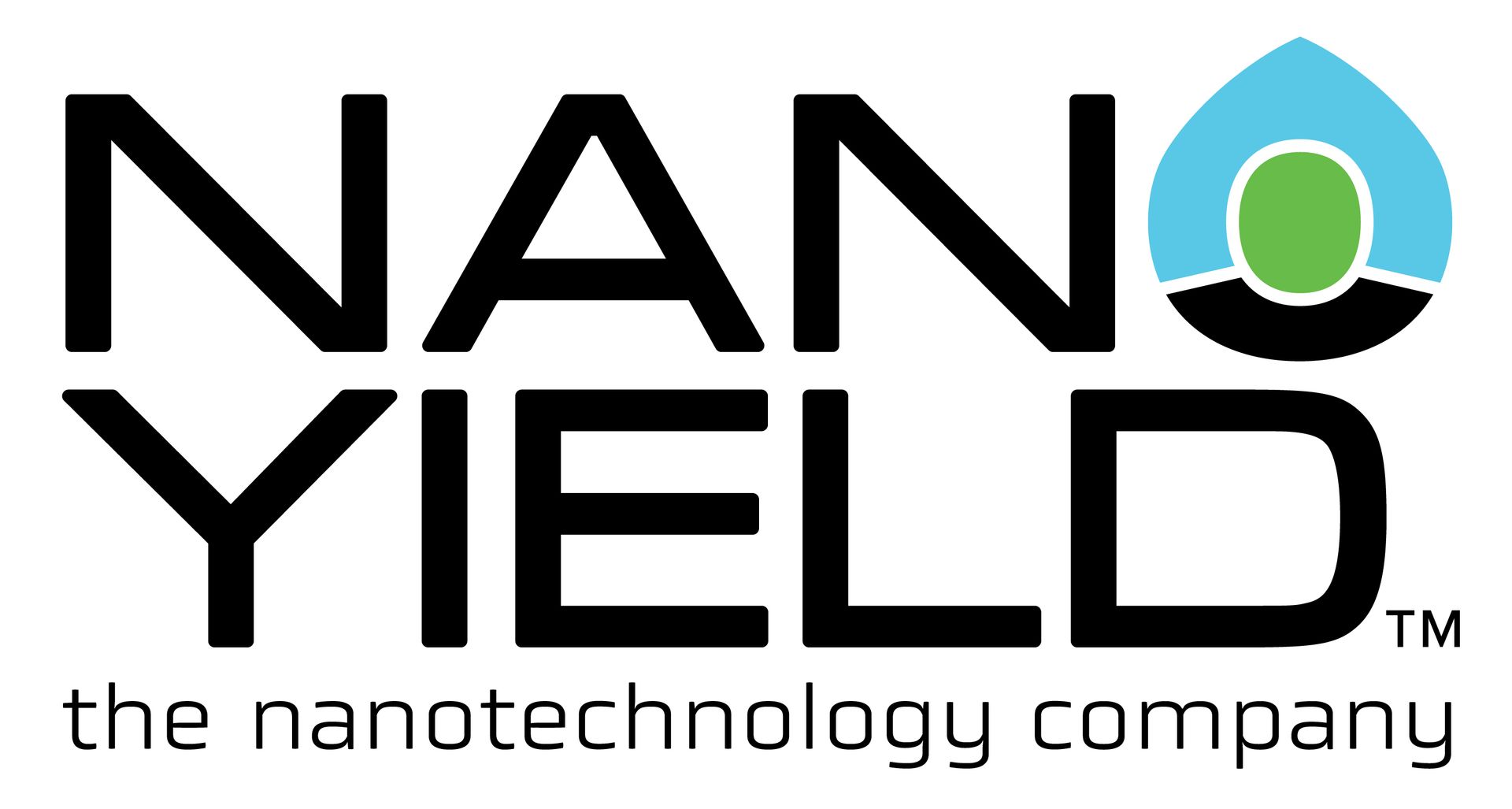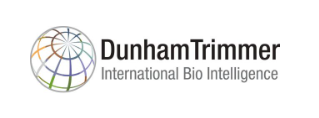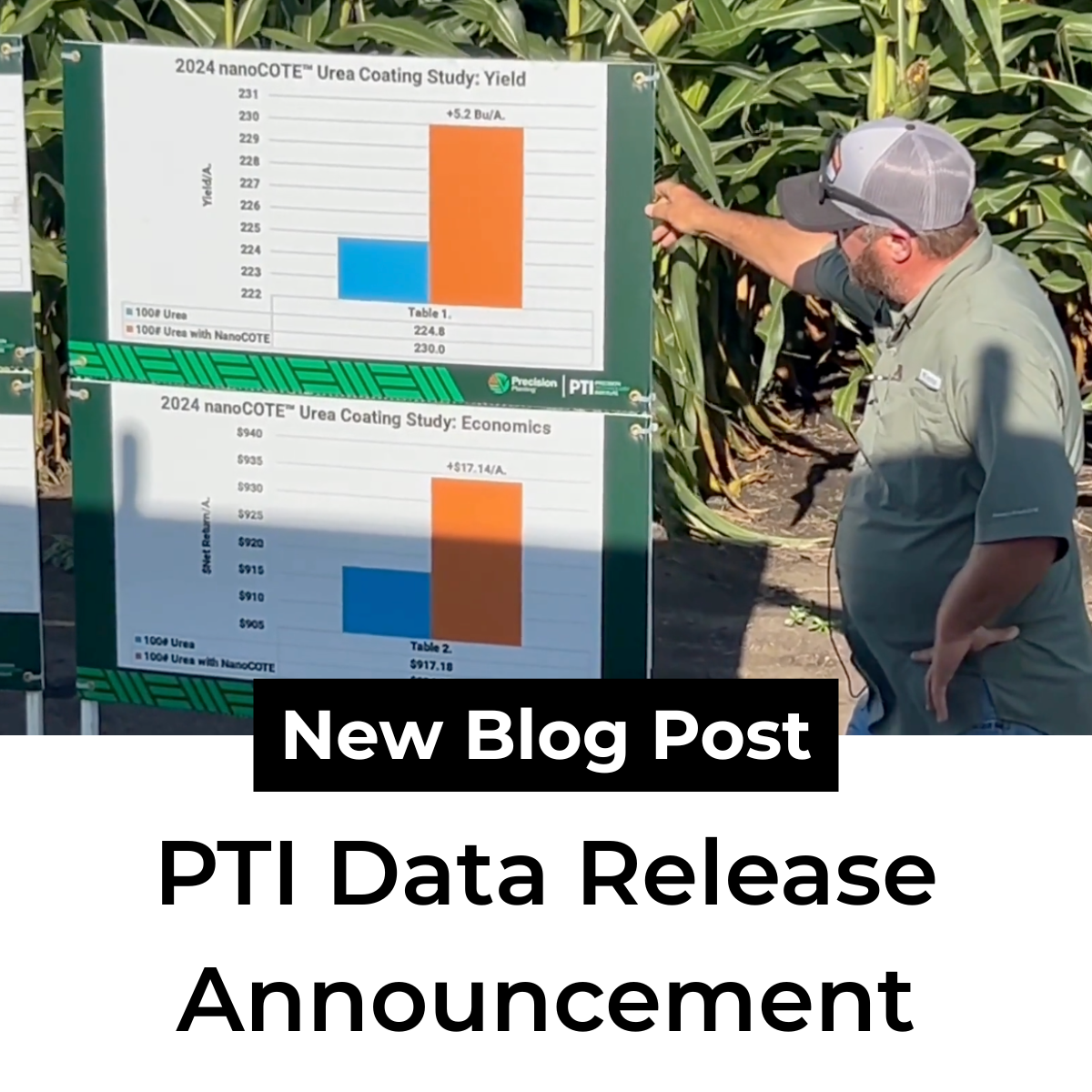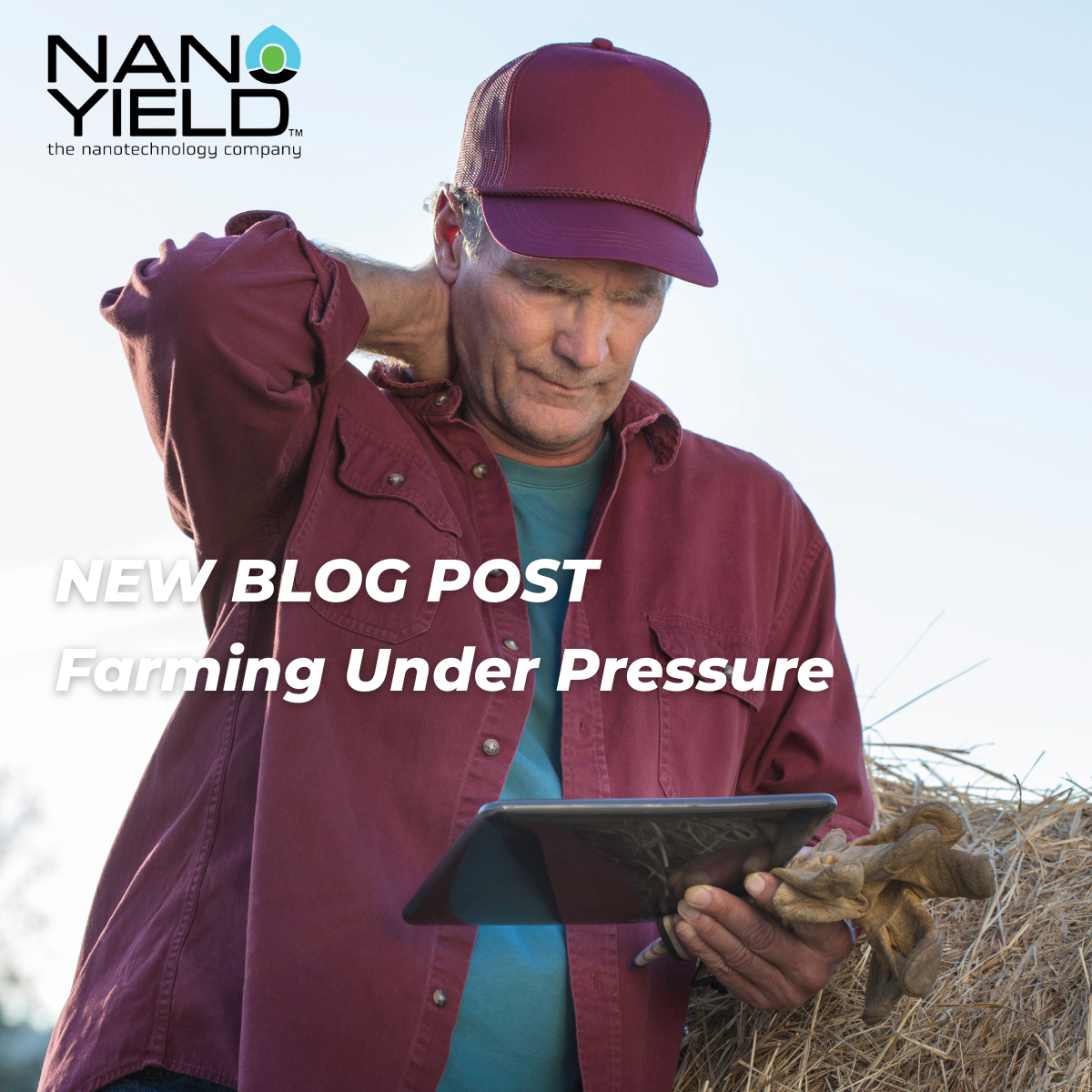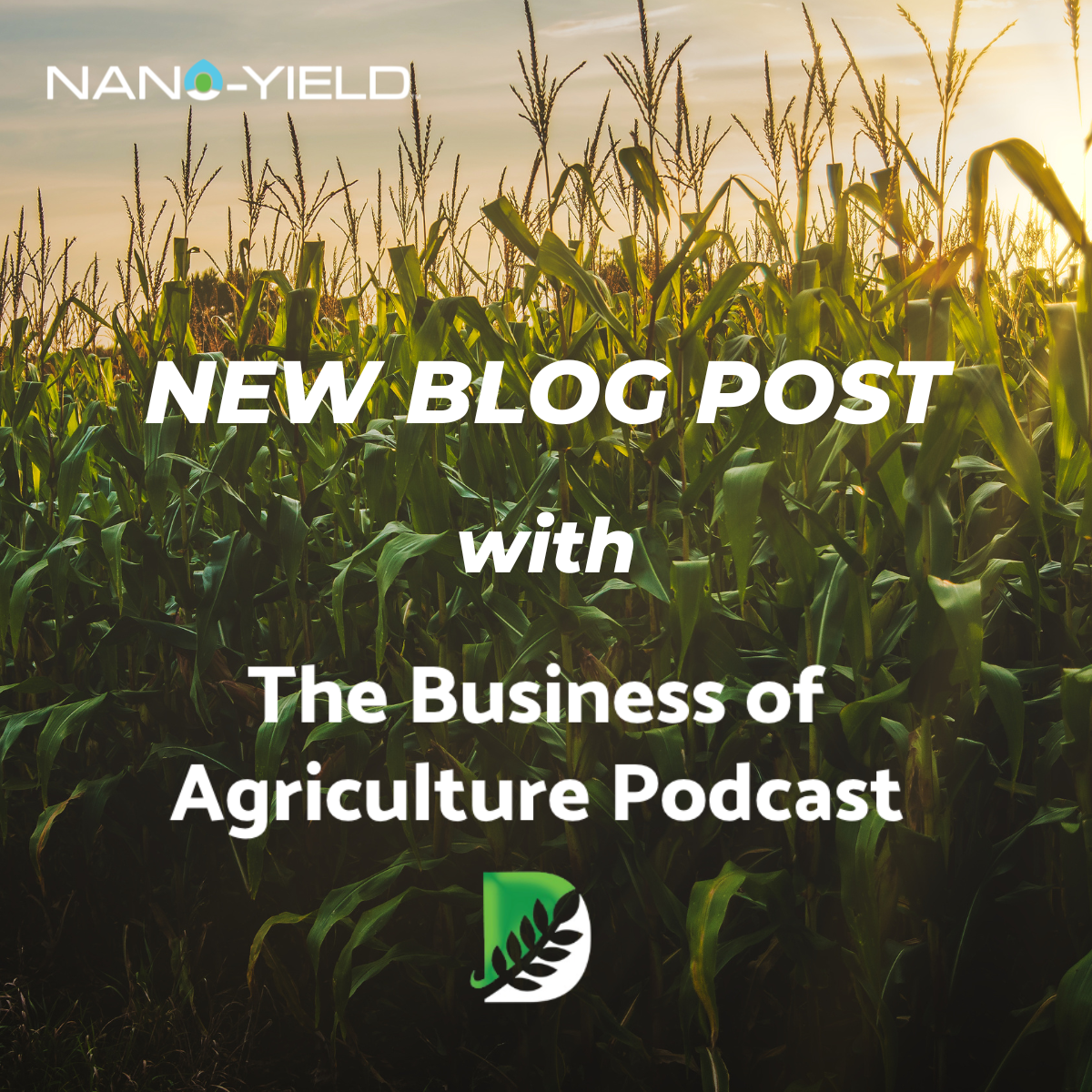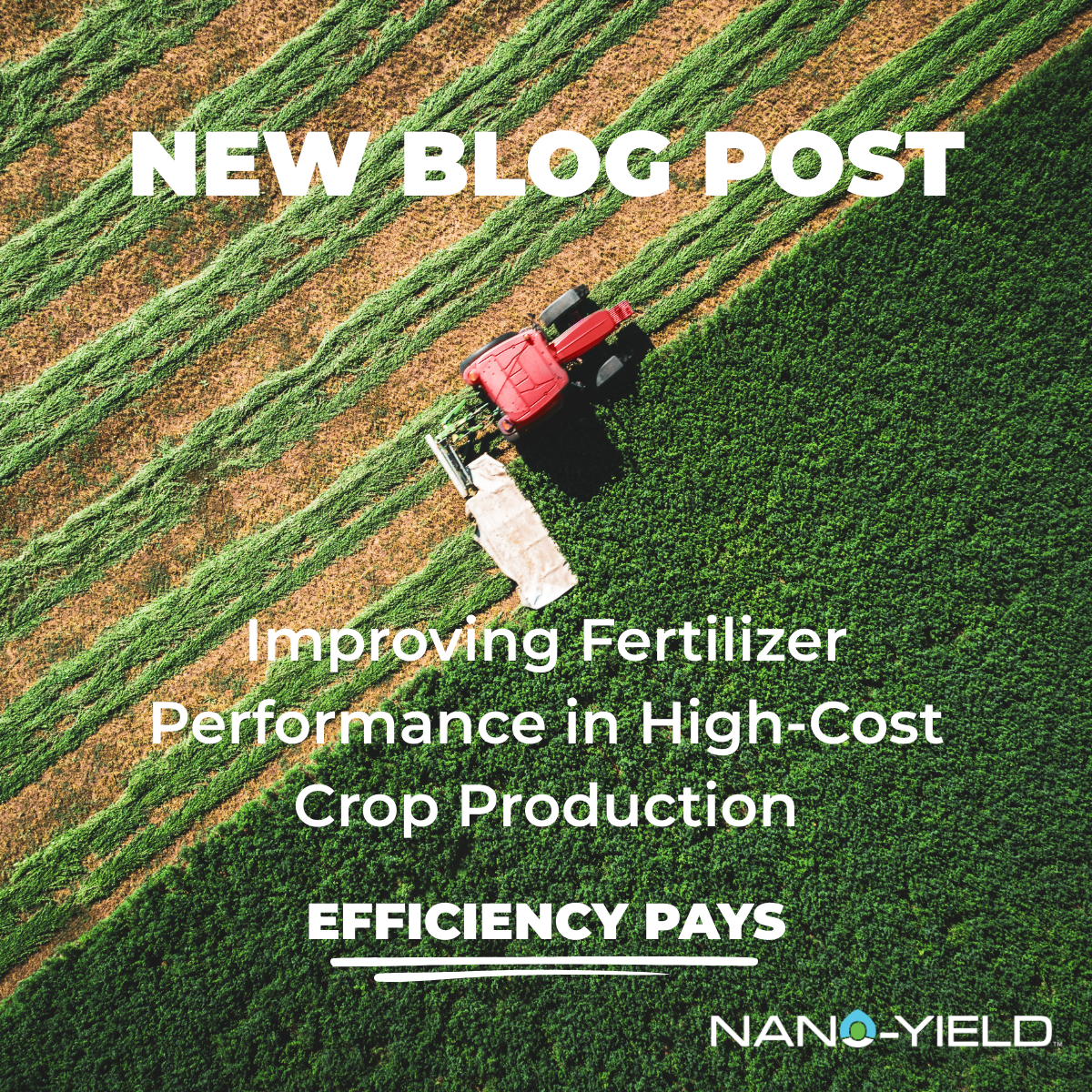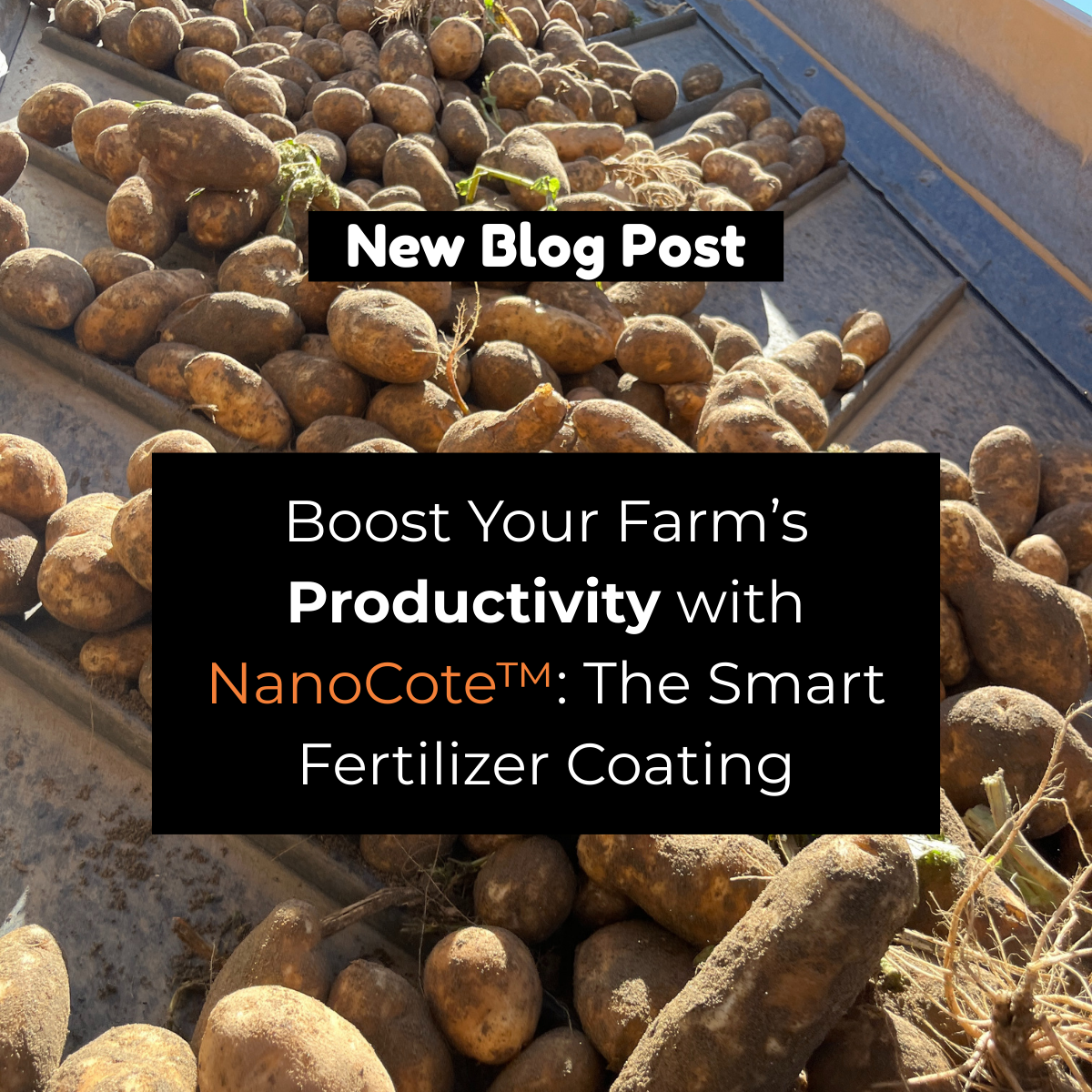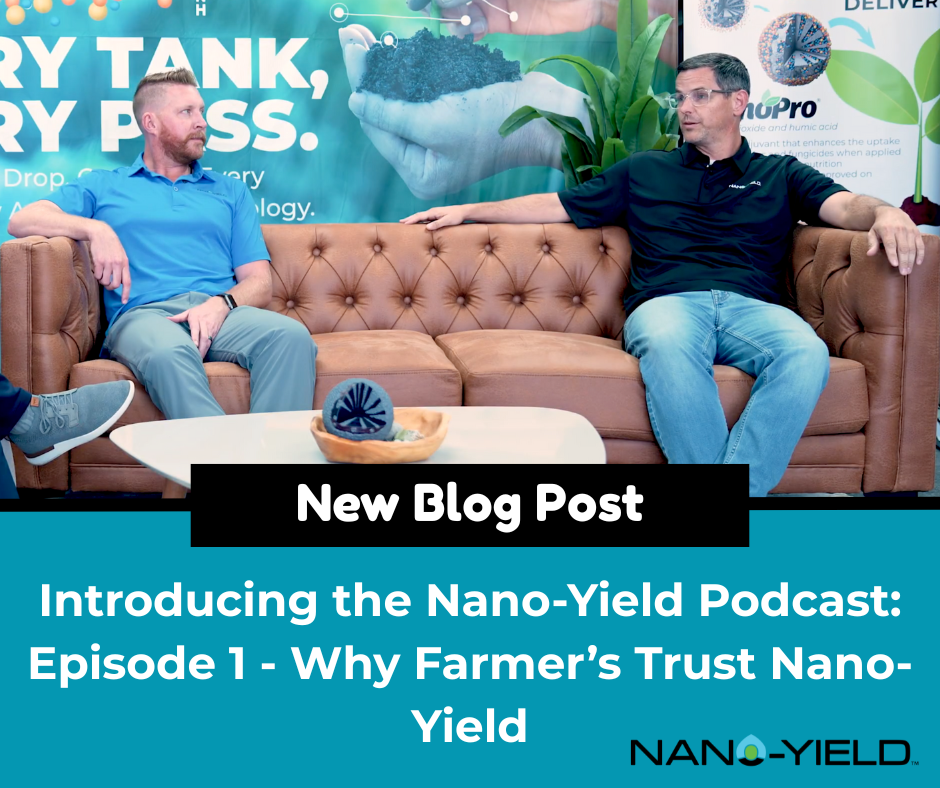Clark Bell, CEO, Aqua-Yield
Interest surrounding the potential uses and benefits of nanotechnology have been mounting for many years, and use of the technology in fertilizer applications was one its first forays into agriculture. To learn more about the emergence of this technology – and how it might relate to biologicals and specialty nutrients, we caught up with Clark Bell, Chief Executive Officer of US-based Aqua-Yield. The company's core product is NanoPro that uses silicon dioxide as porous nanoparticles. Formulated as a liquid that can be tank mixed, NanoPro is described as a nanoliquid carrier adjuvant for crop protection.
You’ve told us that Aqua-Yield actually has its roots in the turf production business. How did the company evolve from growing sod to delivering nanotechnology?
I had a friend in the dry-cleaning business who was using nanoparticles to produce a cleaner piece of clothing. During that time, he convinced his father to try nanoparticles on their 600-acre sod farm in Vernon, Utah, and the results were immediate—greener, stronger, and faster growing grasses. Because of the ability of the nanoparticles to more efficiently enter root systems, fewer overall product applications were required, and they were able to help the plant overcome obstacles to nutrient use efficiency. We gave it a try and found that maturity rates were increased and improved nitrogen efficiency promoted faster, greener grasses. Our sod company was able to shave a couple months off production between planting to harvest, so we decided to get more involved and see where the technology might fit into other advanced ag systems.
What can you share about your business model and footprint?
We have two distinct kinds of customers, our largest being independent dealers. These are dealers who are selling to local growers, with a footprint of anywhere from 50 to 250,000 acres. That group makes up about 70% of our customers. Our other customer base is our distributors: people that distribute to very large regions and sell our line of products. Given the success we’ve realized, we’re adding a new piece to our current business model in the form of international expansion and technology licensing. We have now licensed technology to several large distributors and/or large chemical fertilizer manufacturing companies outside the United States. Our next major move - one we will officially announce in November - is our move into granular fertilizers and applications. For the first time, that important market will have access to nanoparticle applications that we believe will take granular applications to the next level.
It has taken the biologicals industry years to overcome negative perceptions resulting from exaggerated claims made by unscrupulous suppliers. You’ve indicated that Aqua-Yield has faced similar challenges in the nano space. What can you tell us about that?
(Smiles) It was definitely a learning curve. Our results were so good, the first thing we realized was that we had to be very thoughtful about our messaging in order to be realistic as to farmers’ expectations. We consistently had growers seeing yield increases of up to 40%, and decreases in fertilizer costs as much as 80%. Our data showed an average return on investment of 3:1 – from canola to citrus to corn and beans. Since then, we’ve had ten years of further developing our technology through field trials, third-party, university, greenhouse-tested—all verified results to prove that our technology just simply works.
We learned that sometimes a new product like ours seems too good to be true, and just another “snake oil.” So last year we had a lot of success with trial data from Beck's Practical Farm Research and Precision Technology Institute (PTI). This gave us a lot of additional credibility and confidence as we expanded our footprint into the Midwest. And of course, it didn’t hurt when Aqua-Yield won the USDA Next Gen Fertilizer Innovation Challenge in 2021.
Having gained all this experience, as we enter into newer regions that are unfamiliar with nanotechnology products, we just take a “try it and love it” approach with our flagship product, NanoPro. We’ve learned that growers can usually see immediate results with those hard-to-kill, herbicide-resistant weeds, and can witness the improved uptake that nanotechnology promotes. Once they see that benefit, they usually go on to add nanofertilizers to other areas of their farm. From there, the benefits of our nanotechnology spread through grower success and awareness.
As for overcoming negative perceptions that may have been created by other companies, I learned something very early from a friend that had been in the industry a long time. He told me that at the end of the day, if your products perform as advertised, you will be successful. If they don’t, you won’t. We’re very proud of our rapid growth as a company and the success of the farmers who use our products, and there is no greater testimony for any new company or technology than that.
Science and industry groups may assert that the same permeability benefits that arise from nanotechnology have created regulatory challenges for the same reason. Are you working with regulatory agencies to address these concerns, and if so, how do you respond to them?
Yes. We work with and through multiple regulatory agencies including AAFPCO (American Association of Plant Food Control Officials). They have an understanding of what they look at for nanotechnology and/or how it must be registered. We do not register our products as pesticides because they do not actively control crop pests, but rather are carriers designed to deliver common crop protection products that are registered with the EPA. Our nanoparticles are NOT harmful in the soil, and that’s always the first thing people want to know. We have proven this time and time again. We register our products in each state in which we do business and now, in each country (nine so far) where we are doing business or selling our technology. These activities always bring new and interesting challenges for us, and I think the same holds true for any new agricultural technology. But we understand that agriculture is a science-based business, and that our testing and replicable results and educational processes will forge a path for us and help more and more growing systems evolve to include nanotechnology as we continue to expand through the US and internationally.
Your technologies are commonly used with synthetic compounds, fertilizers, and specialty nutrients. What can you tell us about your pipeline with regard to biostimulants and biocontrol in particular?
These are high interest, high-target areas for us. The biostimulant market is a $10-billion-dollar industry and we are a champion of the biocontrol industry. We believe strongly that these segments are the wave of the future both in crop nutrition and crop protection, and we know that nanotechnology will make the biostimulants and biocontrols work more effectively. We also understand that our nanoparticles align very well with biologicals because they are also derived from natural materials. Our technology provides what you might call an extra delivery system to how you might be putting out your biostimulant today. Our technology will help biostimulants and biocontrols absorb better, release inside the plant more efficiently, and improve economics for the farmer. I whole-heartedly believe in our private branded ingredients business because it is the future.
Do you have specific areas of crop focus and if so, how has that evolved over time?
I wouldn’t say we have a specific area of crop focus; we have more of a regional focus. We do very well in the western United States, the Midwest and southeastern part of the country. These are the areas and crops that are most excited about nanoliquid technology: fruits and vegetables, corn and beans, potatoes to citrus orchards. The largest percentage of area under production is corn and beans, so we have to focus there, but we even work with niche crops like Bok choy! I don’t know how many acres of book choy there are, but I do know our results with that crop have been good. If you’re interested, you can visit our website and see the hundreds of results of crops that we work with.
Have a question or want to learn more? Fill out the form below:
